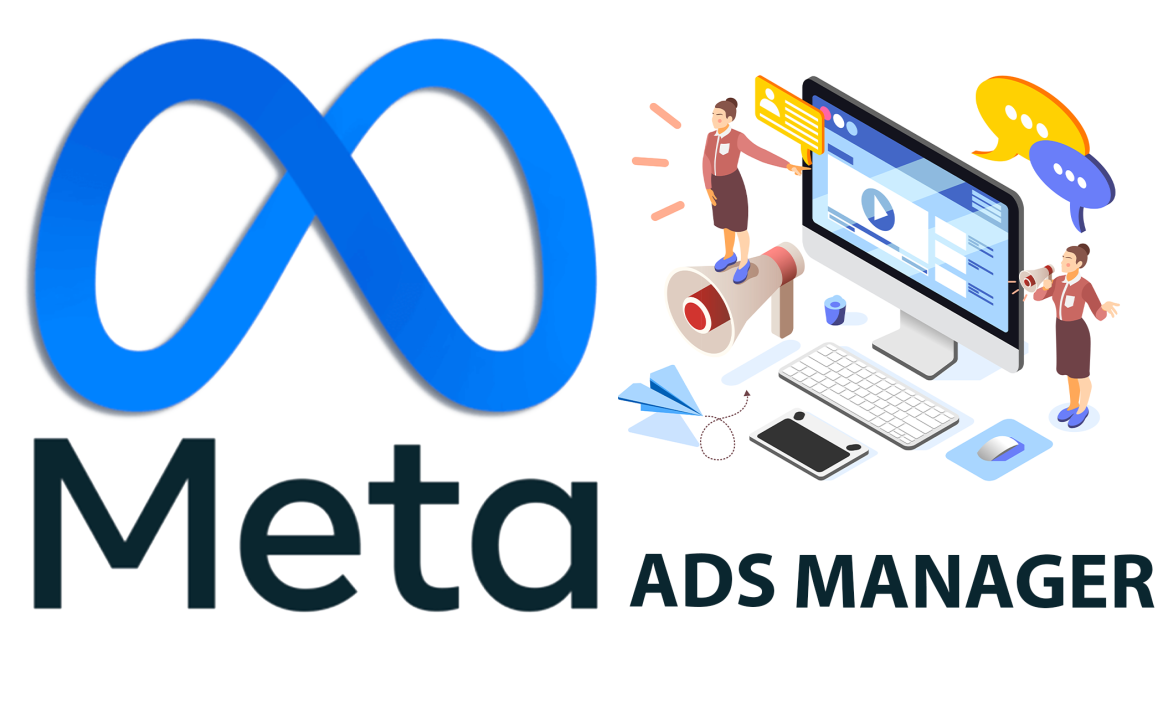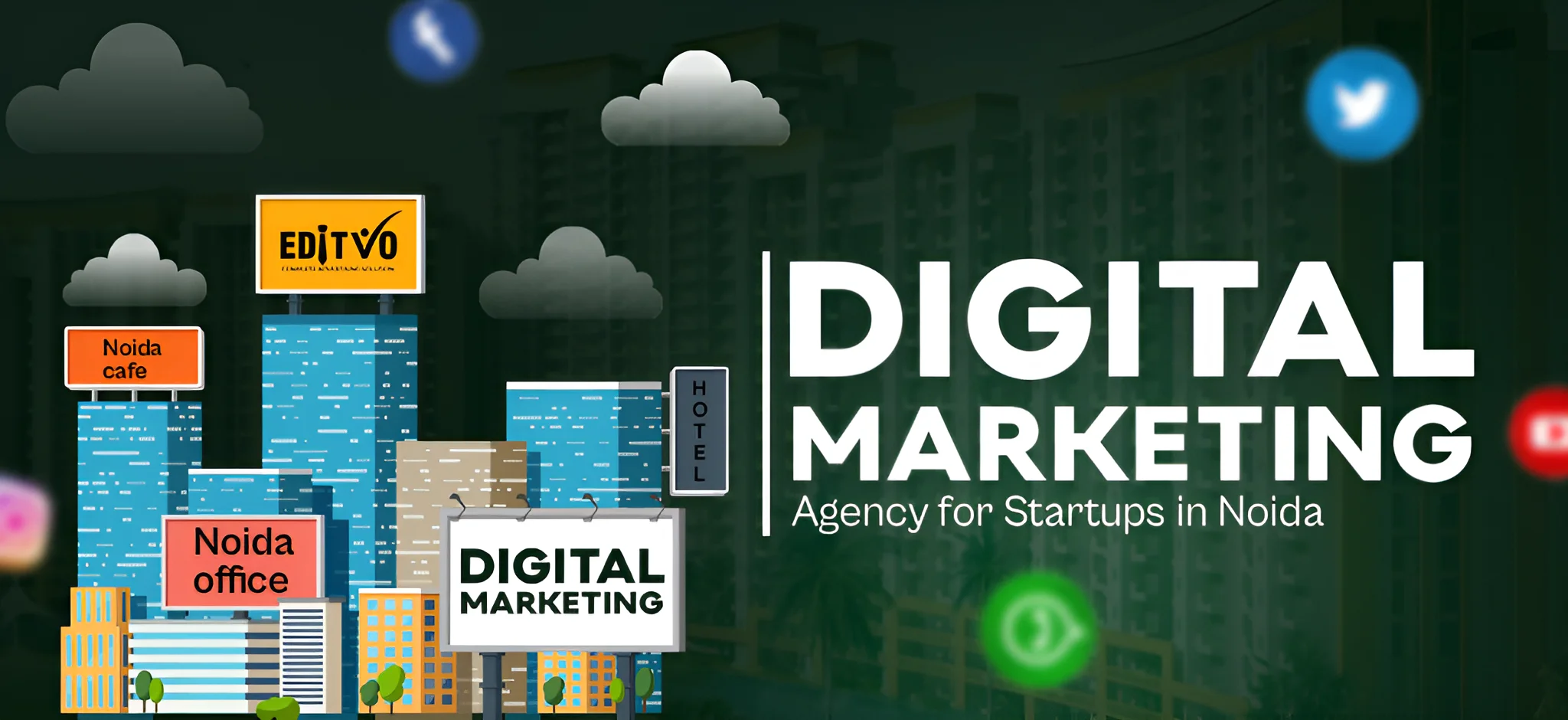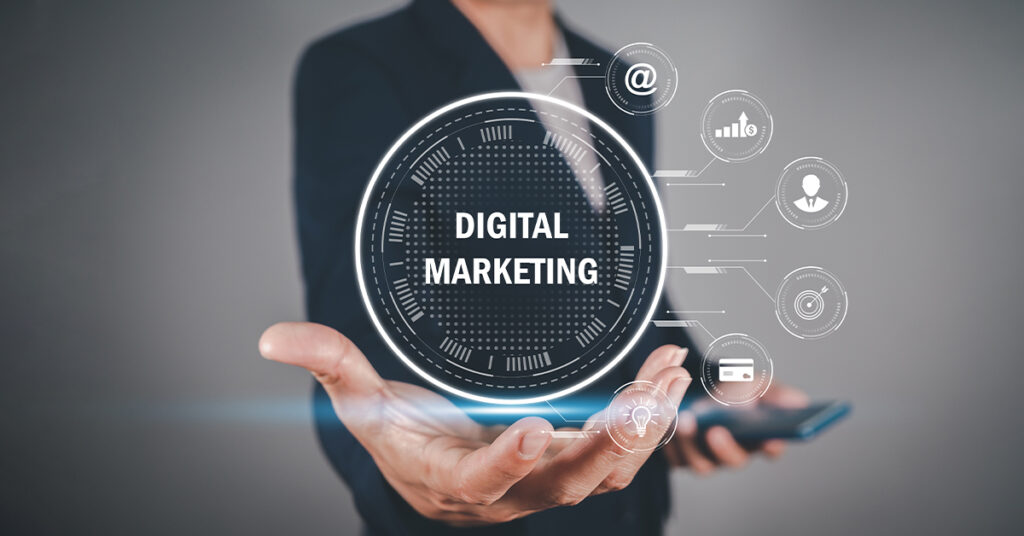Influencer Marketing: The New-Age Word-of-Mouth Strategy
In today’s digital-first world, trust is everything. And when it comes to making purchase decisions, people don’t just trust brands—they trust people. That’s where influencer marketing comes in. It’s modern-day word-of-mouth, amplified by the reach and engagement of social media.
Whether you’re launching a new product or building brand awareness, collaborating with influencers can help you reach your ideal audience in a more authentic, relatable way.
What is Influencer Marketing?
Influencer marketing is a strategy where brands partner with individuals who have a strong online following and influence within a niche. These individuals—known as influencers—promote a brand’s products or services to their audience through platforms like Instagram, YouTube, TikTok, LinkedIn, or blogs.
It’s more than just paid posts. Influencer marketing builds real conversations, credibility, and communities around your brand.
Why Influencer Marketing Works
- High Trust Factor: Audiences trust influencers more than traditional ads.
- Niche Targeting: Reach a highly relevant, engaged audience within specific interests.
- Increased Engagement: Influencers often have strong relationships with their followers.
- Authentic Content: Influencers create content in their unique voice, making promotions feel organic.
- Cost-Effective: Micro and nano influencers offer high ROI with smaller budgets.
Types of Influencers
- Mega Influencers: 1M+ followers. Great for mass reach and brand awareness.
- Macro Influencers: 100K–1M followers. Strong reach with decent engagement.
- Micro Influencers: 10K–100K followers. High engagement and niche authority.
- Nano Influencers: Under 10K followers. Highly trusted and relatable within small communities.
Platforms for Influencer Marketing
- Instagram: Perfect for lifestyle, fashion, beauty, and food brands.
- YouTube: Great for long-form reviews, tutorials, and unboxings.
- TikTok: Fast-paced, creative, and ideal for Gen Z engagement.
- LinkedIn: Best for B2B influencers, thought leaders, and corporate storytelling.
- Blogs: Still relevant for SEO, long-form content, and backlinking.
Types of Influencer Campaigns
- Sponsored Posts: Brand pays influencer to feature a product in their content.
- Giveaways: Influencers run contests to engage followers and promote products.
- Product Reviews: Honest feedback builds trust and influences buyer decisions.
- Affiliate Marketing: Influencers earn commissions through tracked sales.
- Takeovers: Influencers temporarily manage a brand’s account to connect with their followers.
- Brand Ambassadors: Long-term partnerships that foster deeper connections.
How to Run an Influencer Campaign
- Set Clear Goals: Awareness, engagement, leads, or conversions?
- Choose the Right Influencer: Look for relevance, authenticity, and engagement—not just follower count.
- Outreach and Collaboration: Build relationships, not just transactions.
- Create a Brief: Share your brand voice, key messages, and deliverables—but let influencers be creative.
- Track Performance: Monitor metrics like reach, likes, comments, shares, swipe-ups, and conversions.
- Maintain Relationships: Successful campaigns often lead to long-term partnerships.
Metrics to Measure Success
- Engagement Rate (likes, comments, shares)
- Click-Through Rate (CTR)
- Conversion Rate (purchases, sign-ups)
- Cost per Engagement (CPE)
- Follower Growth
- Brand Mentions and Sentiment
Benefits of Influencer Marketing
- Builds brand credibility and trust
- Drives more targeted traffic
- Boosts social proof and awareness
- Enhances content strategy through UGC (user-generated content)
- Encourages customer loyalty and word-of-mouth
Tips for Success
- Focus on relationships, not just reach
- Prioritize micro-influencers for better ROI
- Respect the influencer’s creative freedom
- Disclose partnerships clearly (transparency builds trust)
- Be consistent with follow-ups and feedback
- Always analyze results and iterate
Final Thoughts
Influencer marketing is no longer just a trend—it’s a proven strategy for modern businesses. When executed thoughtfully, it brings the power of trust, relevance, and engagement into your marketing efforts. Whether you’re working with a celebrity or a niche content creator, the goal is the same: connect with real people in real ways.
Influence, after all, is about connection—and connection drives conversion.





